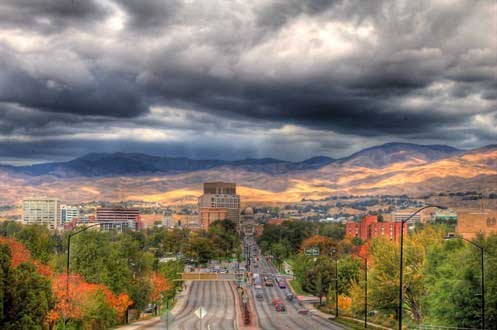Strategies for climate change: Adaptation
We need to consider the impacts of climate change now: responses to a phenomenon that involves us all cannot be delayed.Adaptation strategies:
Article 4.1 (b) in the UNFCCC establishes the following obligation for signatories:
'Formulate, implement, publish and regularly update national (...) programmes containing measures to (...) facilitate adequate adaptation to climate change.' At the 11th Conference of Signatories to the UNFCCC, held in Montreal in December 2005, the five-year programme of work on the scientific, technical and socio-economic aspects of vulnerability and adaptation to climate change was passed. It is an agreement that underlines the need to consider the impacts of climate change now: responses to a phenomenon that involves us all cannot be delayed.

Adaptations need to be planned for:
Water resources since there will be a major reduction in rainfall in the planet's warmer regions.
Continental aquatic ecosystems, lakes and lagoons, coastal wetlands and high mountain creeks.
Land ecosystems where latitudinal migrations will occur and local species become extinct. The spread of invading species and plagues will take place.
Plant biodiversity due to the progressive aridification of land closest to the tropics.
Animal biodiversity since there will be changes, earlier or later, to the start of some species' lives, to migration arrivals or reproduction.
Forests, where the land water reserve declines as the temperature rises and the evaporative demand of the atmosphere.
Fishing and marine ecosystems since there will be changes in marine food webs, impacting resource species, especially in their larva stage and in recruitment.
Tourism since the scarcity of water will cause operational or economic viability problems in some destinations.
Insurance since storms and floods will become more common and costlier for the sector.







